First PHEPRR Fellowship Cohort Graduates, Strengthening Emergency Response
Nnenna Okoronkwo & Tobi Sangotola, Abuja
The inaugural sub-continent (West Africa) cohort of the Public Health Emergency Preparedness, Response and Recovery (PHEPRR) Fellowship Programme has graduated after completing an intensive eight-month hybrid training.
The Fellowship was collaboratively developed and implemented by Centre for Global health Practice, Georgetown University (CGHPI, GU) and the Emergency Response and Capacity Team (ERCT), in the Division of Global Health Protection (DGHP) at the US Centers for Disease Control and Prevention (US-CDC) Atlanta].
At the graduation ceremony on Friday in Abuja, Nigeria, Assistant Professor Ibrahim Gobir, Field Resident Director at Georgetown University’s Centre for Global Health Practice and Impact, highlighted the fellowship’s foundational role in bridging capacity gaps.
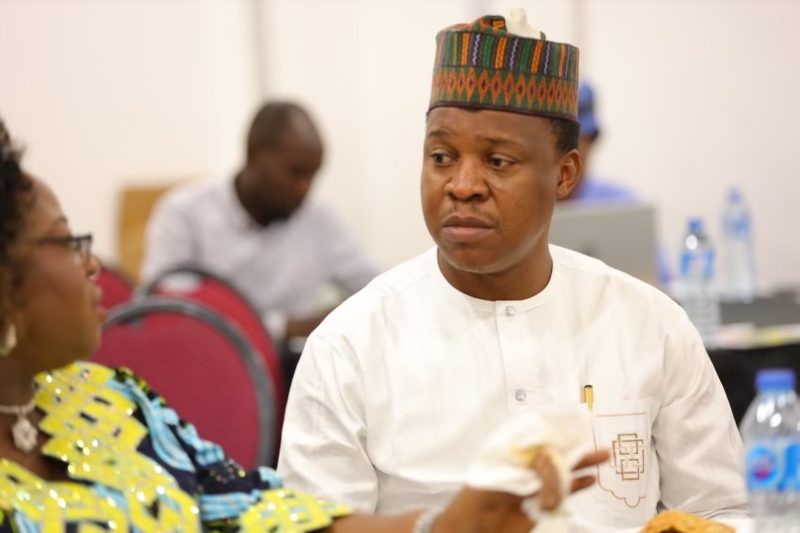
“The programme is designed to strengthen workforce capacity, enabling participants to better prepare for, respond to, and recover from public health emergencies,” he stated.
Gobir underscored the importance of ecosystem mapping and reimagining strategies to address real-world challenges, citing Lassa fever as a critical example.
The Coordinating Minister of Health and Social Welfare, Professor Muhammed Ali Pate, represented by Dr Ngozi Nwosu of the National Primary Healthcare Development Agency, reiterated the Nigerian government’s commitment to expanding the pool of emergency responders.
“The gaps in the number of trained responders are significant, and the federal government is determined to bridge these gaps,” Dr Nwosu noted.

Kerton Victory, Senior Regional Advisor for Global Health Security at the US-CDC, emphasised the fellowship’s role in addressing workforce shortages.
“From the 2014 Ebola outbreak, we recognised the need for stronger workforce development. This fellowship bridges gaps in emergency response capacities, ensuring we are better prepared for future outbreaks,” he said.
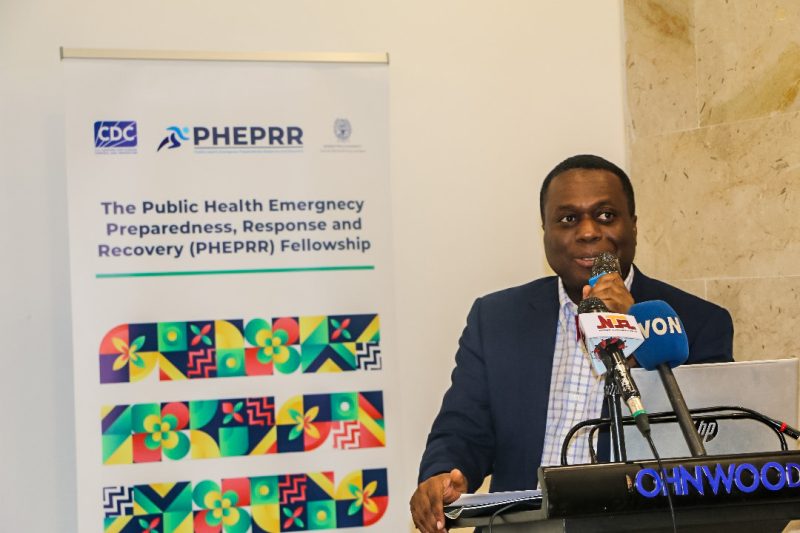
Winifred Ukponu, Associate Director at Georgetown University, called for institutionalising the fellowship through partnerships with regional bodies like ECOWAS and WAHO. She highlighted the importance of empowering local districts to assume leadership in emergencies, ensuring decisions align with on-ground realities.
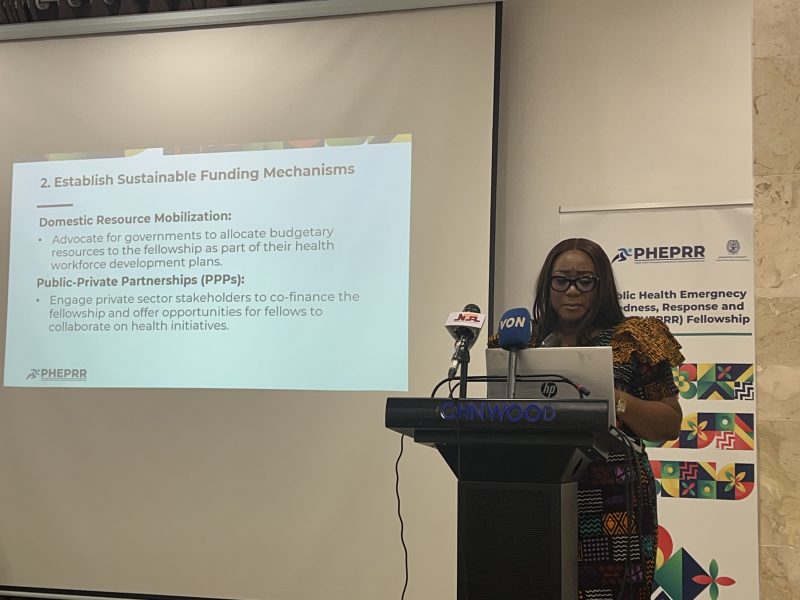
The fellows, representing multiple countries across West Africa (The Gambia, Ghana, Nigeria, Sierra Leone and Benin), expressed gratitude for the transformative experience.
Speaking on behalf of the cohort, Ghana’s Sumaila Gariba Abubakari affirmed their commitment to applying the knowledge gained. “We will use this training to strengthen public health systems and respond effectively to emergencies across the subregion,” he said.

In her closing remark, the PHERR Fellowship Programme Director and Deputy Resident Director and Health Protection Regional Coordinator at Georgetown University Center for Global Health Practice and Impact Piring’ar Mercy Niyang, reflected on the benefits from engaging over 500 individuals from the 15 West Africa ECOWAS Countries and local and international organisations from 2022 in refining and shaping the fellowship curriculum.
Niyang stressed that building a comprehensive emergency response system requires the inclusion of all segments of the workforce to ensure resilience and preparedness, and the need for all countries and workforce sectors to imbibe.
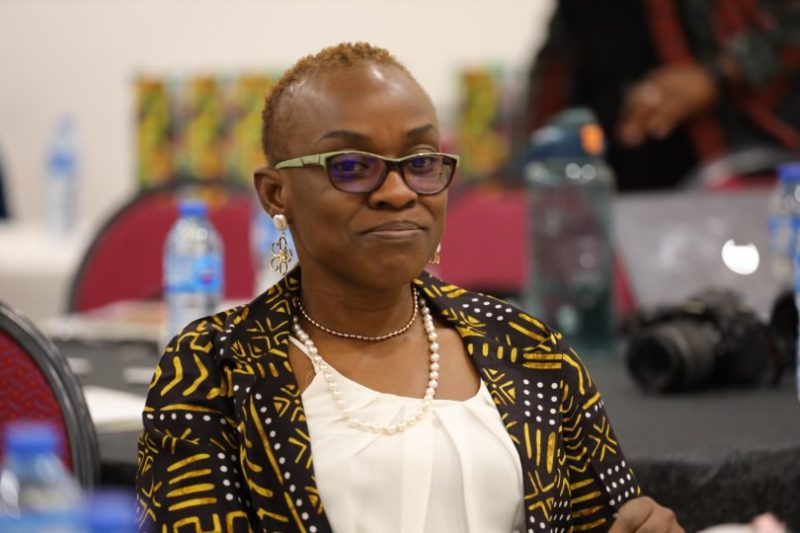
She acknowledged the US CDC Country office (US CDC Nigeria) whose immerse pacesetting role in Public Health Emergency Management (PHEM) was pivotal in hosting the West Africa PHERR Fellowship Programme, enhanced by the day-to-day practices drive of the PHEM specialists at the CDC Country office in Nigeria and Sierra Lone.
She also acknowledged Members of the Steering Committee of the Fellowship Program from Resolve to Save Lives (RTSL), Africa Centre for Disease Control (ACDC), and WHO AFRO; all participating countries and partners whose work contributes to a safer one health world; and finally the leadership and team members (present and past) of the Emergency Response and Capacity Team, US CDC Atlanta represented by Emmy Medina, who conceived the idea for the programme and worked alongside GU to design and implement the fellowship.
The fellowship is designed as an international scalable and sustainable programme that requires minimal adaptation for implementation at sub-continental level to develop local, national and regional mid- to senior- workforce competencies to prepare for, respond to, recover from a health event and strengthen existing health systems.
It targets mid-career professionals from diverse sectors, including a mix of online and in-person sessions, culminating in practical exercises. Its unique focus on non-traditional emergency responders aims to build a robust, multi-sectoral surge workforce capable of addressing public health challenges.
With the successful graduation of its first cohort, the PHEPRR Fellowship sets the stage for broader regional impact and continued innovation in public health preparedness.


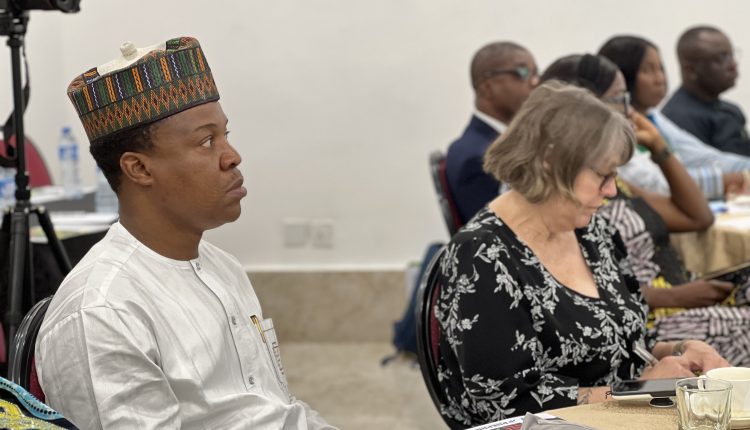
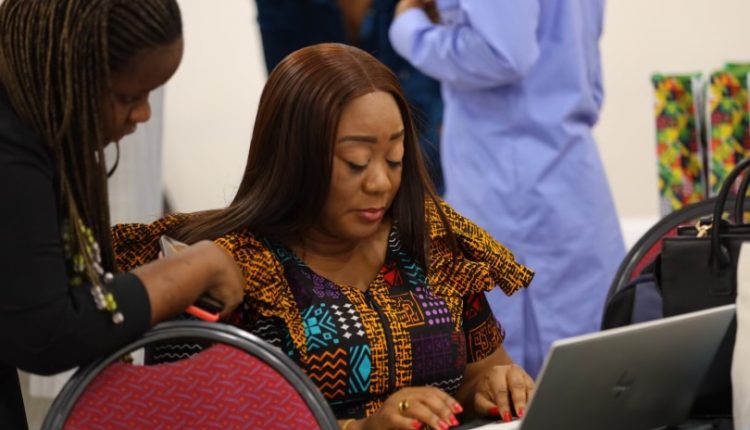
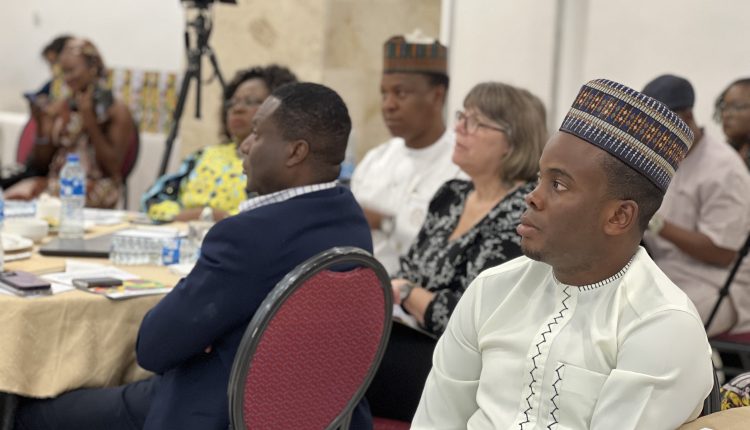
Comments are closed.